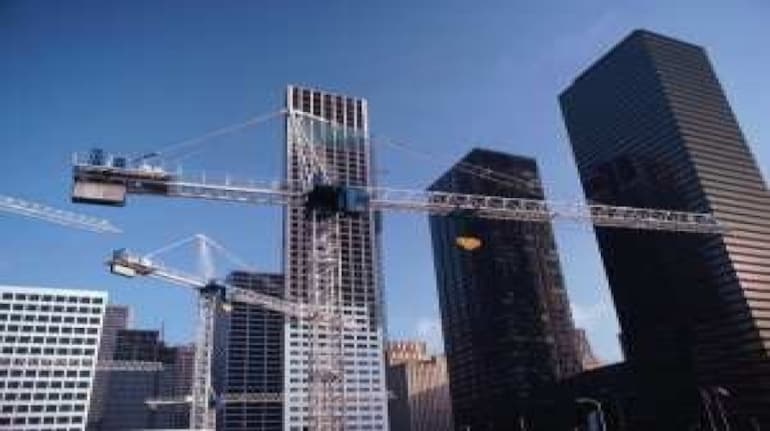
The progress in the country’s REIT framework, enhanced market data and sustainability initiatives has pushed India’s ranking to 34th position in JLL and LaSalle’s biennial Global Real Estate Transparency Index (GRETI).
India's rank has improved by five notches from 39 to 34 since the last six years from 2014 until 2020.
India has also edged into the top 20 for Sustainability Transparency through the role of organisations like the Indian Green Building Council and Green Rating for Integrated Habitat Assessment, the report said.
The impact of key reforms and steady improvement in Indian real estate has enthused global investors. Institutional investments created a new benchmark of 5 billion dollars annually in last three years.
The government’s objective of providing ‘Housing for all’ by 2022 is being achieved through regulatory and fiscal incentives as well as providing tax benefits to sovereign wealth funds for investments in affordable housing.
Within the realty sector, key structural reforms such as the Real Estate Regulation and Development Act 2016 (RERA), GST, Benami Transaction Prohibition (Amendment) Act, 2016, Insolvency and Bankruptcy Code, digitization of land records have brought about greater transparency in what was an erstwhile largely unregulated sector a few years back.
The 2020 Index is launched at a time of massive economic and societal disruption where the need for transparent processes, accurate and timely data and high ethical standards are in closer focus.
The backdrop of COVID-19 is also ensuring that transparency within Asia Pacific’s real estate legal and regulatory systems is more important than ever to global investors as they look to deploy approximately $40 billion in dry powder capital into the region.
“India has seen a steady improvement in the Global Transparency Index over the years. In fact, along with Indonesia, Philippines and Vietnam, we are among the handful of countries that have seen the maximum improvement owing to positive governmental support and an enhanced ecosystem of transparency. In particular, the national REIT framework has been a major contributor to transparency in India, and with ongoing progress and governance, will continue to attract more interest from institutional investors,” said Ramesh Nair, CEO and Country Head (India) JLL.
Furthermore, innovative new property technology (proptech) is changing how real estate data is gathered and analyzed and influencing industry transparency at a regulatory level.
“While investment into commercial real estate has inevitably paused during the pandemic, the overarching trend toward rising allocations to this asset class will continue. As investors look to allocate more capital into Asia Pacific real estate, transparency becomes fundamentally more important, as will the enforcement of robust regulatory frameworks,” said Samantak Das, Chief Economist and Head – Research & REIS, India, JLL.
Emerging markets have shown the greatest advancement in the Index, with six Asia Pacific markets – Mainland China (32nd), Thailand (33rd), India (34th), Indonesia (40th), Philippines (44th) and Vietnam (56th) – among the top 10 biggest improvers globally. Mature markets such as Australia (3rd) and New Zealand (6th) have maintained their positions near the top of the global ranking.
Over the last decade, India has shown promising developments and is now at the cusp of being ‘Transparent’ within the GRETI 2020 rankings. At the same time, India’s rank in World Bank’s ‘Ease of Doing Business Ranking’ improved significantly from 142 in 2014 to 63 in 2019.
Another key driver of transparency is the volume of real estate market data now available due to the growing adoption of Proptech platforms, digital tools and “big data” techniques.
Going ahead, real estate transparency will be driven by technology led innovation and sustainability with a focus on health and wellness. The COVID-19 pandemic is likely to help fast-track digitization and stimulate innovation in the use of technology.
JLL and LaSalle have been tracking real estate transparency since 1999. This 11th edition of GRETI covers 99 countries and territories, and 163 city regions. This latest survey has been extended to quantify 210 separate elements of transparency, with additional coverage on sustainability and resilience, health and wellness, proptech and alternatives sectors.
Discover the latest business news, Sensex, and Nifty updates. Obtain Personal Finance insights, tax queries, and expert opinions on Moneycontrol or download the Moneycontrol App to stay updated!